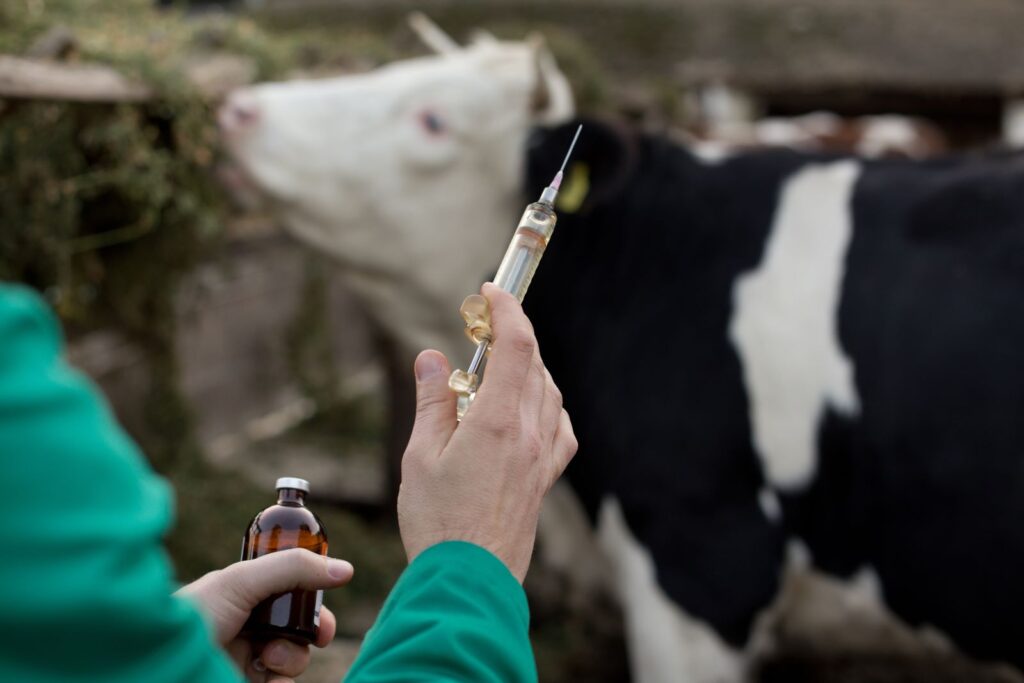Farmer behaviour critical to controlling livestock disease outbreaks, study shows
15th September 2023
New research by the Universities of Warwick and Nottingham has revealed how differences in farmer behaviour, particularly around vaccination uptake, can influence the outcome of livestock disease outbreaks.
The study, published this week (13th September) in Preventative Veterinary Medicine, explored how farmer behaviour in relation to vaccine uptake or other preventative measures impacts how effective responses are to livestock disease outbreaks, such as foot-and-mouth, bovine TB and BVD.
The research team interviewed 60 cattle farmers from around the UK, investigating farmers’ vaccination decisions in a fast-spreading epidemic, and concluded that behavioural differences should be taken into account when contingency planning or developing policy for future outbreaks.
In the study, prompt vaccination uptake was associated with high trust in the Government plans for disease control and having enough time and money to control the disease. This information was then incorporated into a mathematical model for the whole of the UK to reveal how having knowledge of farmer behaviour may impact disease outbreak predictions.
Through simulations and computer modelling, the researchers uncovered how ignoring the diversity in individual farmers’ disease management plans for livestock infections can hinder assessments of the likely national outcomes.
Therefore, the behavioural insight highlighted in this research could be extremely helpful in planning and administering national disease control strategies, enabling policymakers to determine the scale and cost of future livestock disease outbreaks more accurately.
Dr Naomi Prosser from the University of Nottingham, who co-authored the study, said: “Understanding the specific factors associated with different behavioural responses of farmers to disease outbreaks will allow improved design of disease control strategies by taking these factors and the expected behavioural differences into account.”
Co-author, Dr Ed Hill, from the Warwick Mathematics Institute, added: “These data allow differences in farmer disease-management behaviours to be included into models of livestock disease transmission, which can help to inform veterinary health decision making.”
“More work is now needed to understand how farmer’s attitudes, perceptions, and beliefs – and therefore their likely behaviour – will change over time,” Dr Hill continued. “We are also interested in understanding how behaviours are influenced by policy, advice and the actions of neighbouring farmers.”
The research, published in Preventative Veterinary Medicine, was funded by the Biotechnology and Biological Sciences Research Council (BBSRC).

